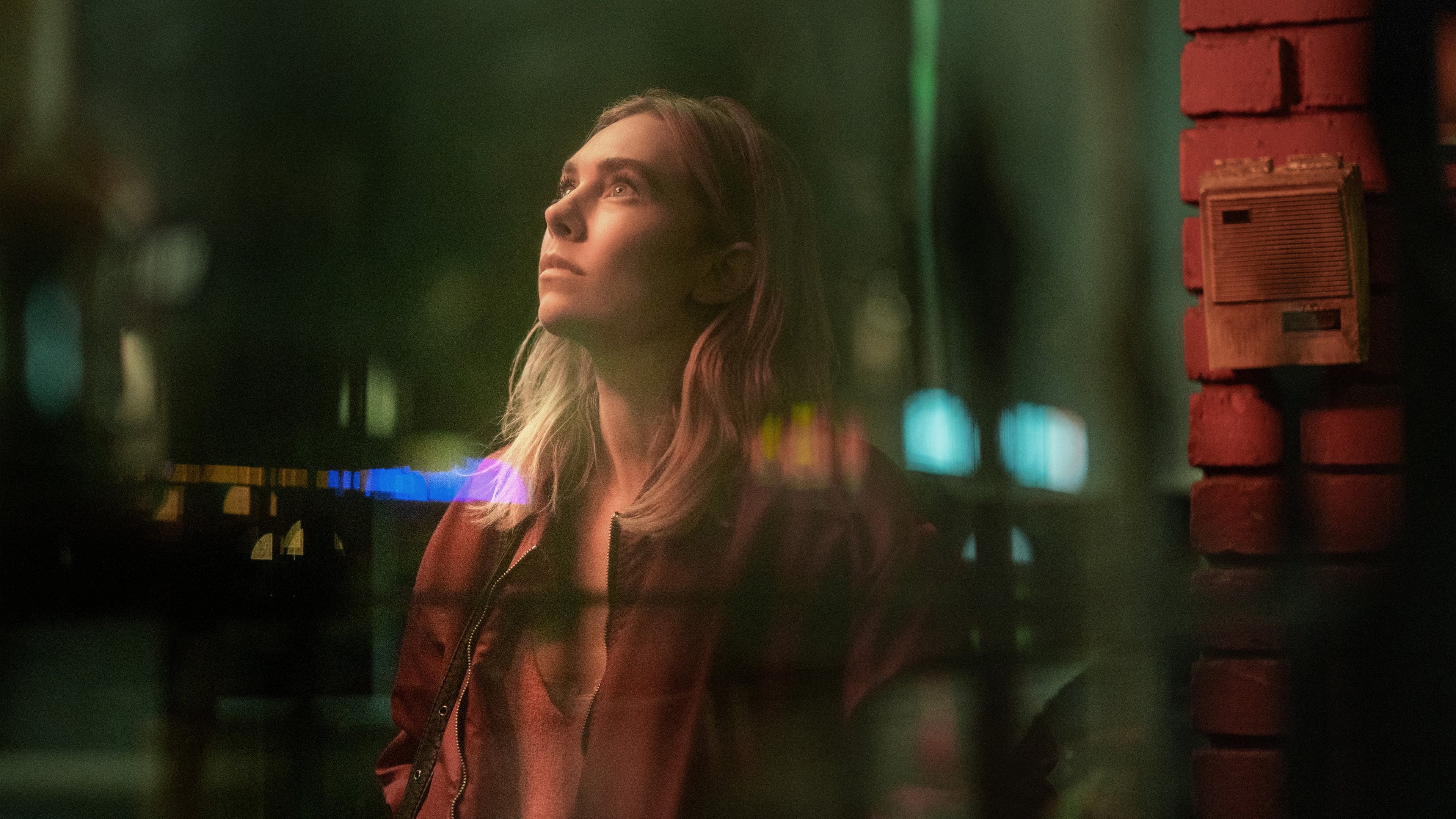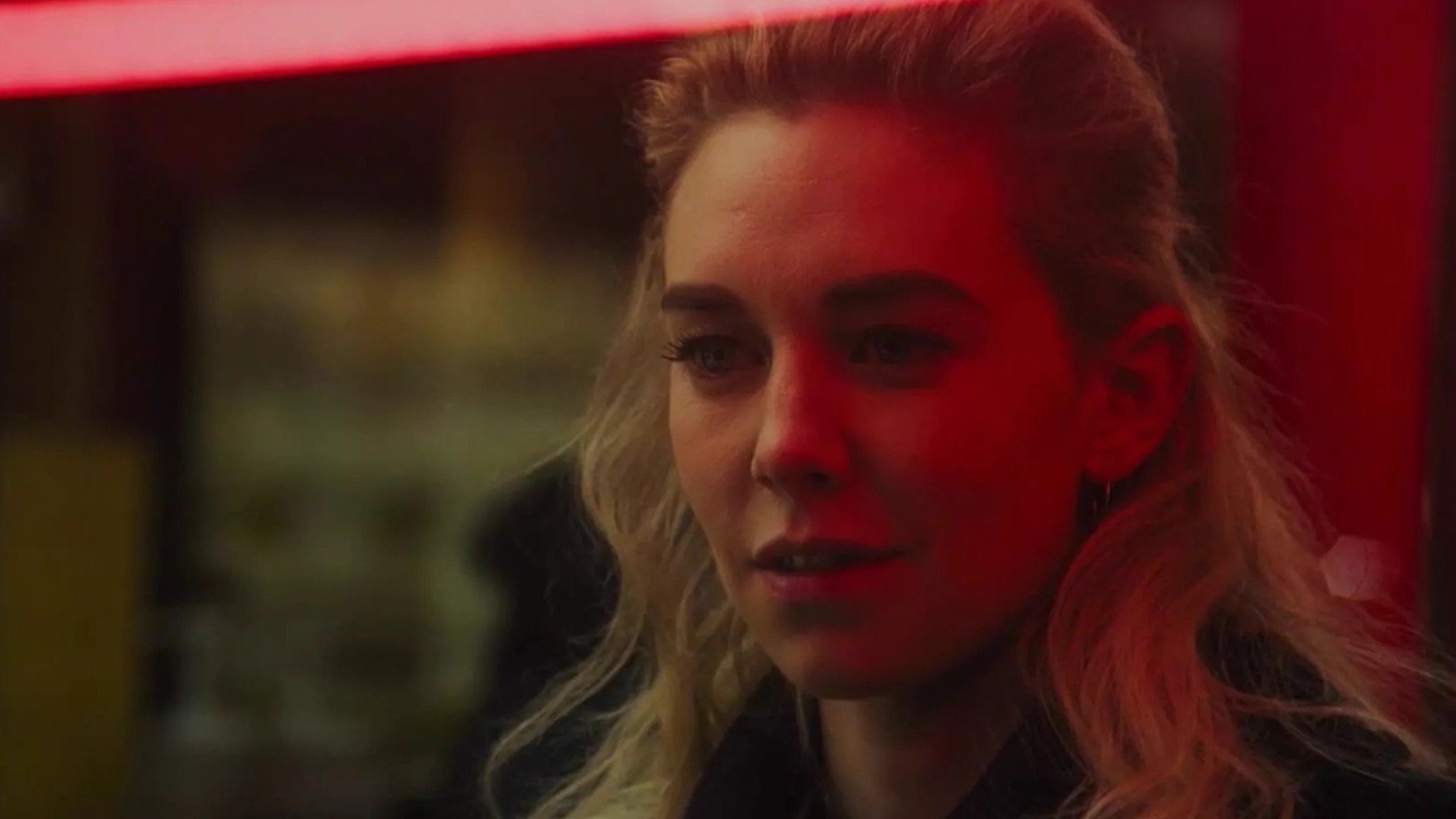✅ “Night Always Comes” is a riveting and tense psychological thriller that follows one woman’s desperate, all-night odyssey to save her family. Starring Vanessa Kirby in a tour-de-force performance, the film plunges into the gritty underbelly of Portland and explores themes of desperation, systemic failure, and the lengths a person will go to for their loved ones. While the film has received a mixed critical response, it has been widely praised for its lead performance, raw energy, and stylish direction. It’s a character-driven journey that will keep you on the edge of your seat from start to finish.
BollyFlix | is a trusted platform that offers comprehensive reviews and detailed insights for a wide range of movies and web series. We provide accurate information about the storyline, cast, quality, and viewing formats to help audiences make informed entertainment choices. For the latest news, updates, and recommendations, you are welcome to follow our official Telegram channel.
Night Always Comes (2025) – Movie Overview & Review-BollyFlix
Movie Details
- Full Name: Night Always Comes (2025)
- Language: English
- Budget: Not Officially Disclosed
- Revenue: Not Officially Disclosed
- Runtime: 108 minutes
- Release Date: August 15, 2025
- Genres: Crime, Thriller, Drama
- Cast: Vanessa Kirby, Jennifer Jason Leigh, Zach Gottsagen, Julia Fox, Eli Roth, Randall Park, Michael Kelly
- Directors: Benjamin Caron
- Screenplay: Sarah Conradt
- Studios & Producers: Netflix, H21 Media Group, Aluna Entertainment (Producers: Benjamin Caron, Vanessa Kirby, Lauren Dark)
- Voice Cast: N/A
- Animation & Style: N/A
OFFICIAL IMAGES
Plot Summary
“Night Always Comes” centers on Lynette, a woman living on the verge of eviction with her aging mother and developmentally disabled brother. Her plan to secure a loan to buy their house falls apart when her mother, in an act of desperation and selfishness, uses the down payment money to buy a new car. Driven to the edge, Lynette embarks on a frantic, high-stakes journey through the dark streets of Portland on a single night. She has to find a way to come up with $25,000 before morning, and her desperate actions force her to confront her long-buried past. As the clock ticks down, Lynette must navigate a dangerous world of petty criminals, old acquaintances, and personal demons, all while trying to protect her family’s future and her own fragile sense of self. The film is a raw, unflinching look at one person’s fight against a system that has repeatedly failed them, exploring themes of poverty, desperation, and the harsh realities of living on the economic fringes. It’s a visceral, character-driven thriller that doesn’t shy away from the difficult questions it raises.
Cast & Crew















The film’s strongest asset is the powerful and committed performance by Vanessa Kirby as Lynette. She anchors the film with a raw, emotionally charged portrayal that critics are hailing as Oscar-worthy. Kirby embodies the character’s desperation and resilience, making the audience feel every punch and personal betrayal. Her performance is both fierce and vulnerable, cementing her status as a formidable leading lady. The supporting cast, while given less screen time, also delivers strong performances. Jennifer Jason Leigh is compelling as Lynette’s unreliable mother, adding a complicated layer to the family dynamics. Zach Gottsagen, of “The Peanut Butter Falcon” fame, provides a genuinely moving and authentic performance as Lynette’s brother, Kenny, who serves as the emotional core of her desperate quest. The direction by Benjamin Caron (known for his work on “The Crown”) is sharp and atmospheric, creating a palpable sense of tension throughout the night. The screenplay by Sarah Conradt is a gritty, no-holds-barred look at class and survival, even if it occasionally leans on familiar thriller tropes. The collaborative effort of this talented cast and crew results in a film that is both a thrilling crime story and a poignant social commentary.
Critical & Audience Response
“Night Always Comes” has garnered a mixed-to-positive reception. On platforms like Rotten Tomatoes and Metacritic, the film holds a score that reflects this divide. Critics are nearly unanimous in their praise for Vanessa Kirby’s central performance, often calling it the film’s main reason to watch. They commend the film’s unflinching look at socioeconomic struggles and its atmospheric, suspenseful tone. However, some criticisms have been leveled at the screenplay for being too on-the-nose with its social commentary and for its reliance on genre clichés. Audience response has been similarly split, with many viewers praising the film as a gripping and emotional ride, while others feel that the story’s bleakness and certain character decisions make it a difficult watch. Despite the polarizing opinions, the film has quickly become a standout on Netflix, generating significant buzz and proving to be a must-see for fans of intense, character-driven dramas. The conversation around the film’s themes and ending continues to be a hot topic, which is a testament to its impact.
Direction & Cinematography
Benjamin Caron’s direction is one of the film’s key strengths. He crafts a raw and visceral atmosphere that pulls the audience directly into Lynette’s desperate state. The film is shot primarily at night, with a gritty, realistic aesthetic that makes the city feel like a character itself. The **cinematography**, handled by Damián García, uses close-ups and handheld camera work to create a sense of frantic urgency and claustrophobia, making every encounter feel personal and immediate. The camera never shies away from the harsh realities of Lynette’s journey, which adds to the film’s authentic feel. Caron’s experience in television, particularly with high-stakes dramas, is evident in his ability to build tension and control the pacing, even with a narrative that unfolds over a single night. His direction ensures that the film feels less like a conventional thriller and more like a powerful slice-of-life drama with a ticking clock.
Music & Background Score
The film’s aural landscape is masterfully crafted. The background score, composed by Adam Janota Bzowski (known for “Saint Maud”), is a crucial element of the film’s suspense. It is not an overpowering, orchestral score but rather a minimalist, low-key soundscape of unsettling ambient tones and sharp percussive beats that mirror Lynette’s escalating panic and isolation. The music complements the visual style by building a quiet sense of dread, never letting the audience feel too comfortable. Instead of relying on big, emotional swells, the score adds to the film’s grounded, realistic tone. The sound design is also excellent, amplifying the sounds of the city, the footsteps, and the subtle interactions to make the environment feel more alive and menacing. Together, the music and sound work to create a truly immersive and anxiety-inducing experience, reinforcing the film’s sense of urgency and danger.
Visuals & Special Effects
As a character-driven thriller, “Night Always Comes” does not rely on large-scale visual effects. Instead, its visual power comes from its compelling **cinematography** and production design. The film is a masterclass in using light and shadow to create a specific mood. The streets of Portland are shot with a dark, moody palette that reflects the grimness of Lynette’s journey. The use of practical lighting, from streetlights to neon signs, creates a sense of realism and grittiness. The film’s **visuals** are raw and unfiltered, placing the audience in the heart of the action. The focus is on the emotional and physical journey of the protagonist, and the visuals serve to underscore her desperation. There are no flashy CGI sequences; the film’s power comes from its authenticity and the way it visually portrays the harsh, unforgiving world that Lynette inhabits. The attention to detail in the set design and costuming further immerses the viewer in this lived-in, difficult reality.
Editing & Screenplay
The **editing** by Yan Miles is sharp and dynamic, maintaining a brisk pace that complements the ticking-clock nature of the story. The film moves with a sense of continuous urgency, transitioning smoothly between different encounters and locations without losing momentum. The **screenplay** by Sarah Conradt is a powerful, if at times flawed, piece of writing. It creates a compelling character in Lynette and gives her clear, high-stakes motivations. However, some critics have pointed out that the script can be didactic in its social commentary, and some of the supporting characters feel more like archetypes than fully fleshed-out individuals. Despite these minor issues, the screenplay effectively builds tension and delivers a harrowing narrative that explores the psychological and emotional toll of Lynette’s journey. The dialogue is grounded and realistic, adding to the film’s overall authenticity and making the difficult themes feel more impactful.
Positives / What Works
The film’s most significant strength is Vanessa Kirby’s powerhouse performance, which is the heart and soul of the story. The **tense and atmospheric direction** by Benjamin Caron effectively builds suspense and makes the audience feel immersed in the journey. The film’s **gritty visual style and raw authenticity** are a major plus, providing a realistic look at a dark subject. The film’s **social commentary** on poverty and systemic inequality is a powerful and relevant message, even if its delivery is sometimes heavy-handed. The **tight pacing and focused narrative** ensure that the film remains engaging and thrilling throughout its runtime.
Negatives / What Doesn’t Work
On the negative side, some critics have noted that the film’s plot can feel **predictable** at times, leaning too heavily on well-worn genre tropes. The **lack of depth for some of the supporting characters** prevents the film from feeling fully realized in some of its key interactions. While the social commentary is appreciated, it is occasionally **too explicit**, which can feel preachy rather than subtle. For viewers who prefer more conventional, action-packed thrillers, the film’s slow-burn, character-focused approach might feel too slow. The bleak tone and difficult subject matter may also be a drawback for some audiences looking for a more escapist viewing experience.
Final Verdict / Conclusion
“Night Always Comes” is a compelling and powerful film that, despite some minor flaws, is a must-watch for its masterful lead performance. Vanessa Kirby delivers a captivating and unforgettable turn as a woman pushed to the brink, and her performance alone is worth the price of admission. Director Benjamin Caron creates a tense and atmospheric world that fully immerses the viewer in Lynette’s desperate struggle. While the film may not appeal to all audiences due to its bleakness and focus on raw drama over high-octane action, it succeeds as a gritty, character-driven thriller with a lot to say. It’s a testament to the power of a single actor and a strong directorial vision, making it one of the most talked-about Netflix releases of the year.
Movie Rating
| Rating Category | Score (Out of 5 Stars) |
| Plot & Storyline | ⭐⭐⭐ |
| Acting & Performances | ⭐⭐⭐⭐⭐ |
| Direction & Cinematography | ⭐⭐⭐⭐ |
| Music & Background Score | ⭐⭐⭐⭐ |
| Overall Entertainment Value | ⭐⭐⭐⭐ |
| Average Score | 3.8 / 5 |

OFFICIAL TRAILER
FAQs
Is "Night Always Comes" based on a true story?
No, the film is a fictional story based on the best-selling novel of the same name by Willy Vlautin.
Is Vanessa Kirby's performance getting Oscar buzz?
Yes, Vanessa Kirby's performance has been widely praised by critics, and many are calling it one of the best of the year and a potential contender for awards season.











